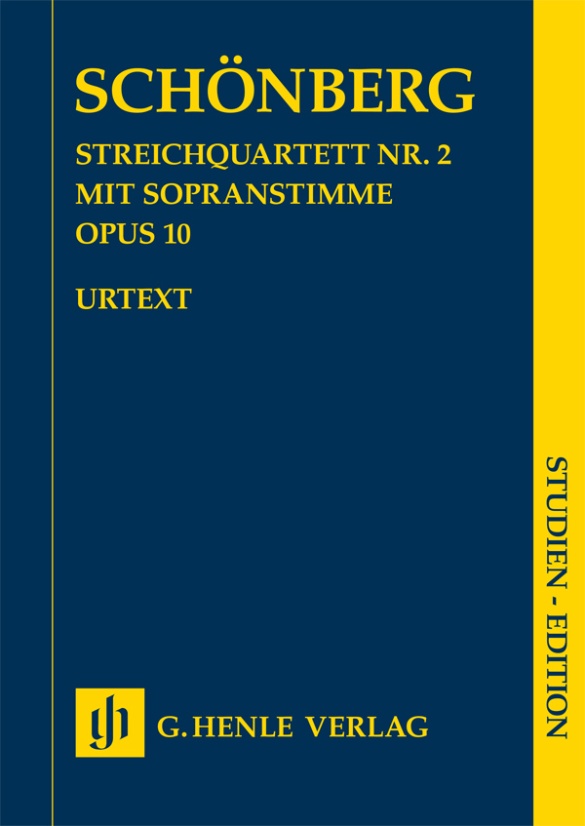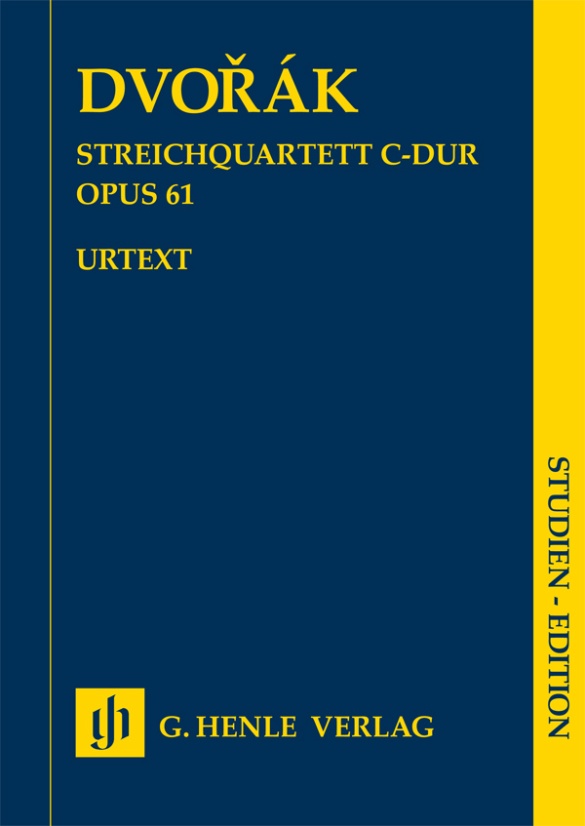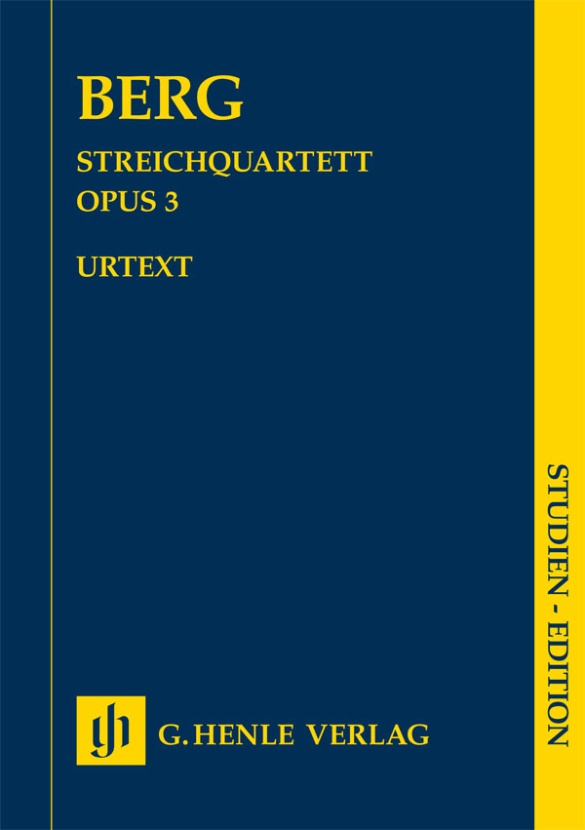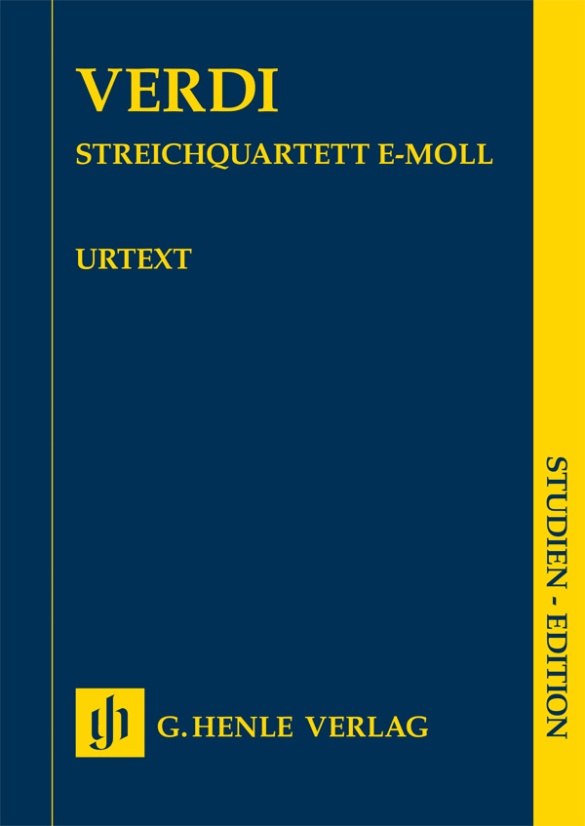Arnold Schönberg
String Quartet no. 2 op. 10 with Soprano part
This chamber music work, composed in 1907/08, marks a turning point not only in Schönberg’s output, but also for the history of modern music in general. Major-minor tonality, obligatory for centuries, is increasingly abandoned over the four movements in favour of a free atonality. This break with music-historical tradition goes hand-in-hand with a further breach of convention; in the last two movements, Schönberg includes a solo soprano singing settings of two poems by Stefan George. With the transition to atonality, Schönberg opens the way to a new musical language which was to lead to twelve-tone music a little later. Without question, his second String Quartet represents a landmark in the history of music. The new Henle edition is edited by Schönberg specialist Ullrich Scheideler reflecting the latest state of research. The Henle Urtext edition publishes this modern classic in a new, generously laid out music setting.Read more about this edition in the Henle Blog.
内容/詳細
作曲家について
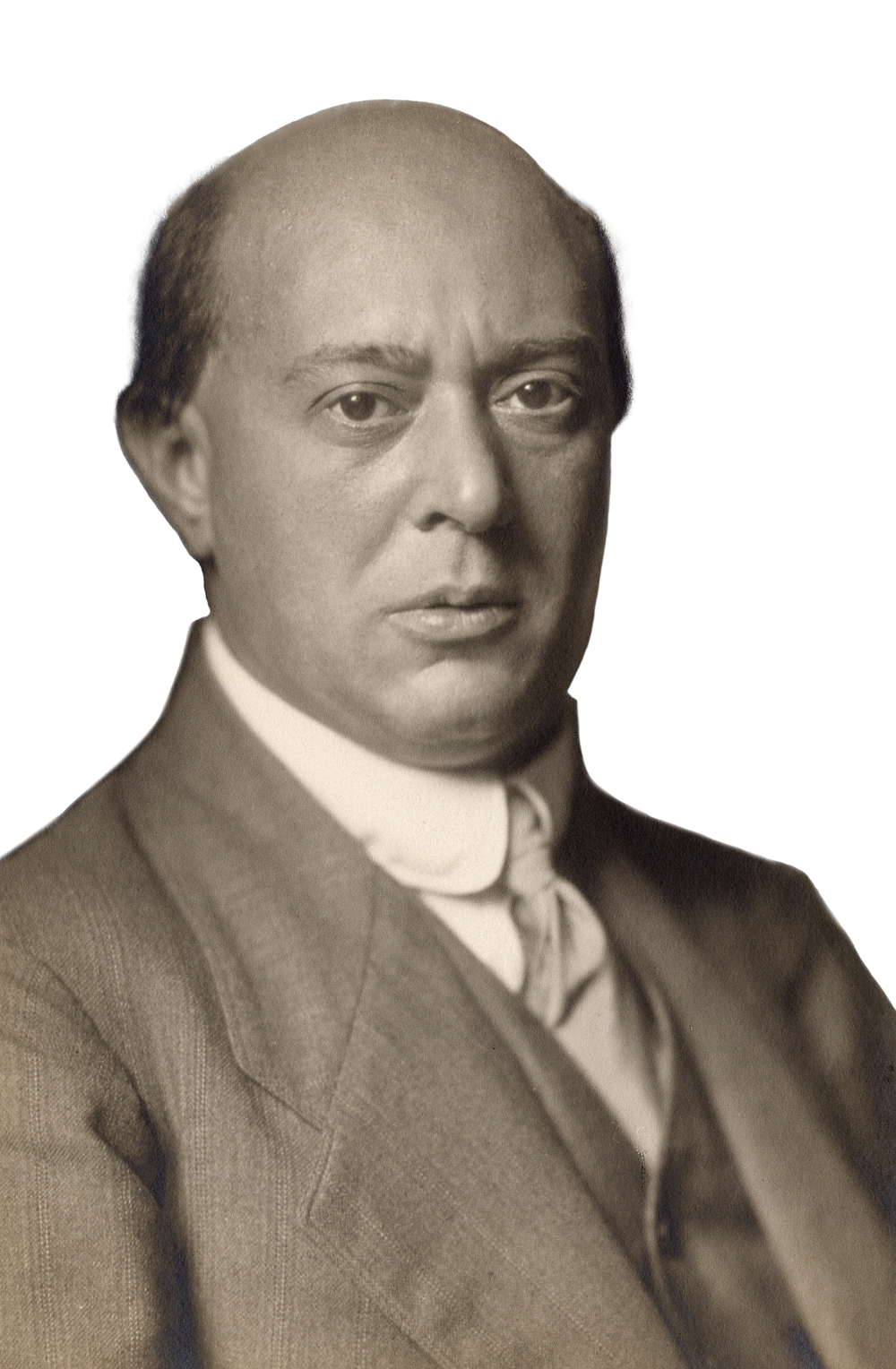
Arnold Schönberg
The most important composer of the first half of the twentieth century, who with the transition to atonality and twelve-tone technique influenced musical history like no other.
| 1874 | Born on 13 September in Vienna. Largely self-taught except for lessons with Alexander Zemlinsky. |
| 1890–94 | Worked as a bank clerk. |
| 1899 | String Sextet “Transfigured Night” op. 4 as first mature original piece. |
| 1900–11 | “Gurrelieder”. |
| 1901–03 | Conductor in Berlin at Ernst von Wolzogen’s “Überbrettl”. |
| 1903 | Symphonic poem “Pelleas and Melisande” op. 6. After returning to Vienna, he taught (pupils included Anton Webern and Alban Berg, with whom he formed the Vienna School). |
| 1906 | Chamber Symphony op. 9 with quartal harmony. |
| 1908/09 | Shift away from tonality: String Quartet op. 10, Three Piano Pieces op. 11, Five Orchestra Pieces op. 16, monodrama “Erwartung” (Expectations) op. 17 (composed 1909, performed 1924), “Die glückliche Hand” (The Hand of Fate) op. 18. |
| from 1911 | Second sojourn in Berlin. “Theory of Harmony”. |
| 1912 | Melodrama cycle “Pierrot lunaire” op. 21 was a great international success. |
| 1918 | Founding of the Society for Private Musical Performances in Vienna. |
| Ca. 1920 | After a creative crisis, he found his way to twelve-tone technique (Suite for Piano op. 25, 1921–23). |
| 1925 | Appointed to a professorship at the Prussian Academy of Arts Berlin. |
| 1930 | Period-piece opera “Von heute auf morgen” (From Today to Tomorrow) op. 32. |
| 1930–32 | Started work on the opera “Moses and Aaron”. |
| 1933/36 | Emigrated to the USA, professorship in Los Angeles. |
| 1942 | “Ode to Napoleon” op. 41, Piano Concerto op. 42. |
| 1947 | “A Survivor from Warsaw” op. 46. |
| 1951 | Died on 13 July in Los Angeles. |
製品安全に関する情報

G. Henle Verlag
製品の製造元に関する情報はこちらでご覧いただけます。G. Henle Verlag
Forstenrieder Allee 122
81476 München
info@henle.de
www.henle.com
Die neue Henle-Edition besticht durch ihre drucktechnische Klarheit und dadurch, dass die Sopranstimme der Sätze 3 und 4 mit einem Klavierauszug versehen ist.
ESTA Nachrichten, 2023Scheidelers Edition stützt sich auf die Ausgabe von 1937, bezieht jedoch eine Reihe weiterer Quellen ein: beide Partiturautografe, alle Stimmen, nicht zuletzt Skizzen und fragmentarische erste Niederschriften Schönbergs. Sie erfüllt somit alle Kriterien, die an eine quellenkritische Urtextausgabe gestellt werden müssen. Zugleich enthüllt sie die erstaunliche Tatsache, dass Textprobleme, wie sie uns im Zusammenhang mit Musik früherer Jahrhunderte vertraut sind, auch im Fall eines zentralen Werks des 20. Jahrhunderts zu Tage treten können.
das Orchester, 2024おすすめ
autogenerated_cross_selling
このタイトルを含む他の版
このタイトルを含む他の版


